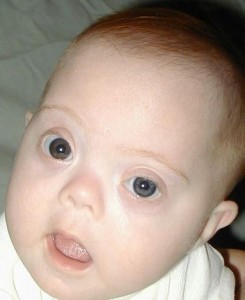 Moms of babies with special needs often face extra challenges to meet their breastfeeding goals.
Moms of babies with special needs often face extra challenges to meet their breastfeeding goals.
But in addition to these challenges, they may also encounter a number of Booby Traps.
Any barrier to breastfeeding is a shame, but it’s particularly disturbing when it comes to moms of babies with special needs, since many of these babies are especially in need of the protection breastfeeding provides. The U.S. Cystic Fibrosis Foundation, for example, recommends breastfeeding for most infants with the disorder “as the primary source of nutrition for the first year of life” based on associations between formula feeding and respiratory infections and slow growth.
I remember helping a mother whose baby was born with a congenital syndrome which causes multiple problems, including deafness. Knowing that her child faced a tough road ahead, this mother was as determined as I’ve ever seen a woman to breastfeed. To her, it was an important part of giving her baby the best future she could.
Read: Extraordinary Breastfeeding: A CBS News.com Producer’s Story
Shouldn’t we see this spirit reflected in the care we get from our health care providers? Shouldn’t they should promote the heck out of breastfeeding, provide excellent breastfeeding care, and be the loudest cheerleaders for breastfeeding, applauding moms for expending the extra effort it takes to successfully breastfeed a baby with special needs?
While some moms undoubtedly get great care, too often we hear of the following problems:
Low expectations. Mothers of special needs babies are often told that breastfeeding isn’t possible. In the case of infants with Down Syndrome, it was long assumed that breastfeeding was not possible. But the evidence points in the opposite direction, with one study finding that, with persistence on the part of their mothers, about half of babies with Down Syndrome breastfed well from birth, another quarter got the hang of it within one week and the remaining quarter took more than a week to master the skill. In spite of this, some mothers continue to hear that “you can’t breastfeed a baby with Down Syndrome.”
Poor advice. Mothers may also get non evidence-based care when it comes to breastfeeding. In Breastfeeding Answers Made Simple, Nancy Mohrbacher reports that in the case of babies with cardiac issues, “some mothers are discouraged from breastfeeding due to the misconception that bottle-feeding is ‘easier’ than breastfeeding. However, research has found the opposite to be true.” Oxygen saturation is actually higher during breastfeeding among babies with cardiac issues, who have an easier time coordinating suck-swallow-breathe with breastfeeding than bottle feeding.
Lack of expert help. Moms of special needs babies nearly always benefit from expert help, but it’s not always available. Lactation consultants experienced and skilled in helping mothers with issues like cleft lips and palates are not always available in hospitals, and if available they might not have the time it takes to help mothers with specific and complex challenges. And like mothers of babies born preterm, moms of babies with special needs often are sometimes left adrift in the community after discharge from the hospital - a time when they may need expert help the most.
Poor management of separations. Special needs babies are more likely to be separated from their mothers for medical procedures, whether they’re taken to the nursery for testing or to the operating room for surgeries. The management of these separations is critical to ensure continued breastfeeding, but just as when moms are hospitalized, it’s often not taken into consideration. Imagine the frustration and pain of a mother who has moved heaven and earth to establish breastfeeding with her baby, only to find that she doesn’t have access to a pump while separated from her baby, can’t room in with her baby to allow for nighttime feedings, is restricted in visiting hours for feedings, is told that she can’t breastfeed during painful procedures such as heel sticks, or can’t breastfeed for 6 hours before a procedure requiring sedation (6 hours is the guideline for formula, 4 hours is for breastfeeding/breastmilk).
Could bottle feeding mask other problems? One interesting point raised by research cited in Breastfeeding Answers Made Simple is that the our providers’ enthusiasm for bottle feeding special needs babies may actually mask other issues. Breastfeeding is an instinctual behavior. Those babies who don’t show these instinctual behaviors may have issues which need diagnosis and care, but we won’t see them if the answer to every problem is a bottle.
We know that some of you have received great care for your special needs babies, and we’d love to hear about it. But for those moms who haven’t, we wish for improved care and attitudes in the future.
What kind of care did you receive for your special needs baby? Did it help or undermine your efforts to breastfeed?



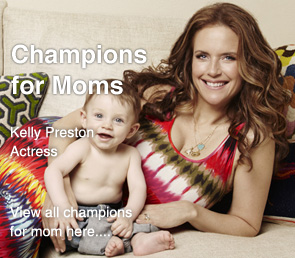
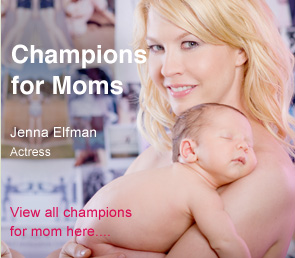
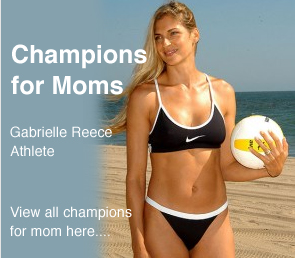
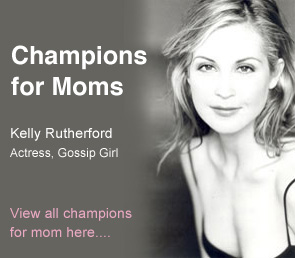
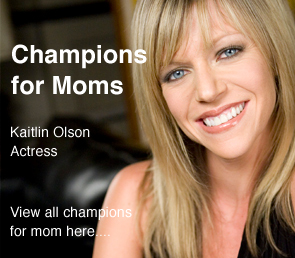
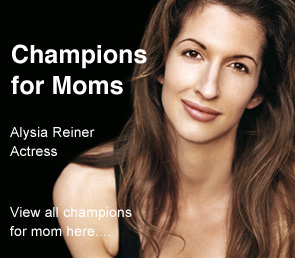
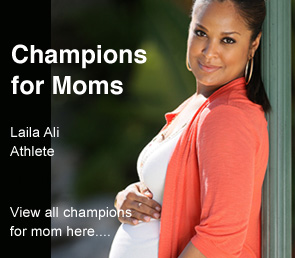
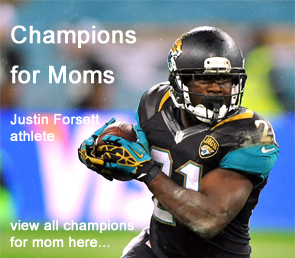
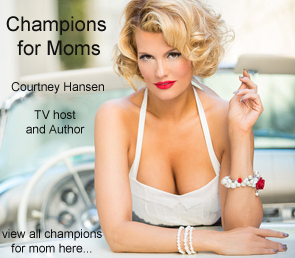
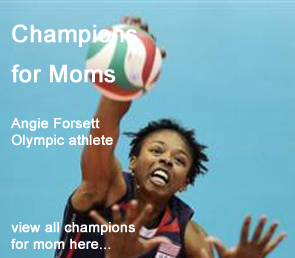
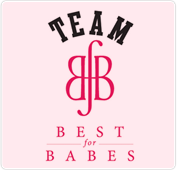

My son was born with Down Syndrome and would fall asleep nursing after just a minute or 2. After 4 months of pumping, tube feeding and supplementing with a bottle, my son is finally nursing and we only supplement with 1-2 formula/straw feeds (Talk Tools technique is drinking from a straw). There was a lot of discouraging words along the way - especially in regards to the tube/finger feeding - but my husband and I held steady and trusted in the end goals. Here is a fantastic video about feeding/low tone that was so beneficial. We have been doing Oral Placement Therapy since our son was 6 weeks old. http://www.youtube.com/watch?v=yYc0kmtpxd8&noredirect=1
I don’t have personal experience breastfeeding a special needs baby, but my younger sister was born with a cleft palate. My mom had to pump and feed her through tubes for a while because of this. But she did managed to successfully do it and then to go on breastfeeding after my sister had her surgery closing the cleft. I imagine it helped her that she had already breastfed two kids successfully, was a member of LLL, and is a registered nurse - so she believed really strongly in breastfeeding/breastmilk and had the knowledge, but it just makes my heart swell because I imagine it must have been even more difficult back in the day for her.
This is such a wonderful and much needed article. Thank you! I will share it on my LLL page.